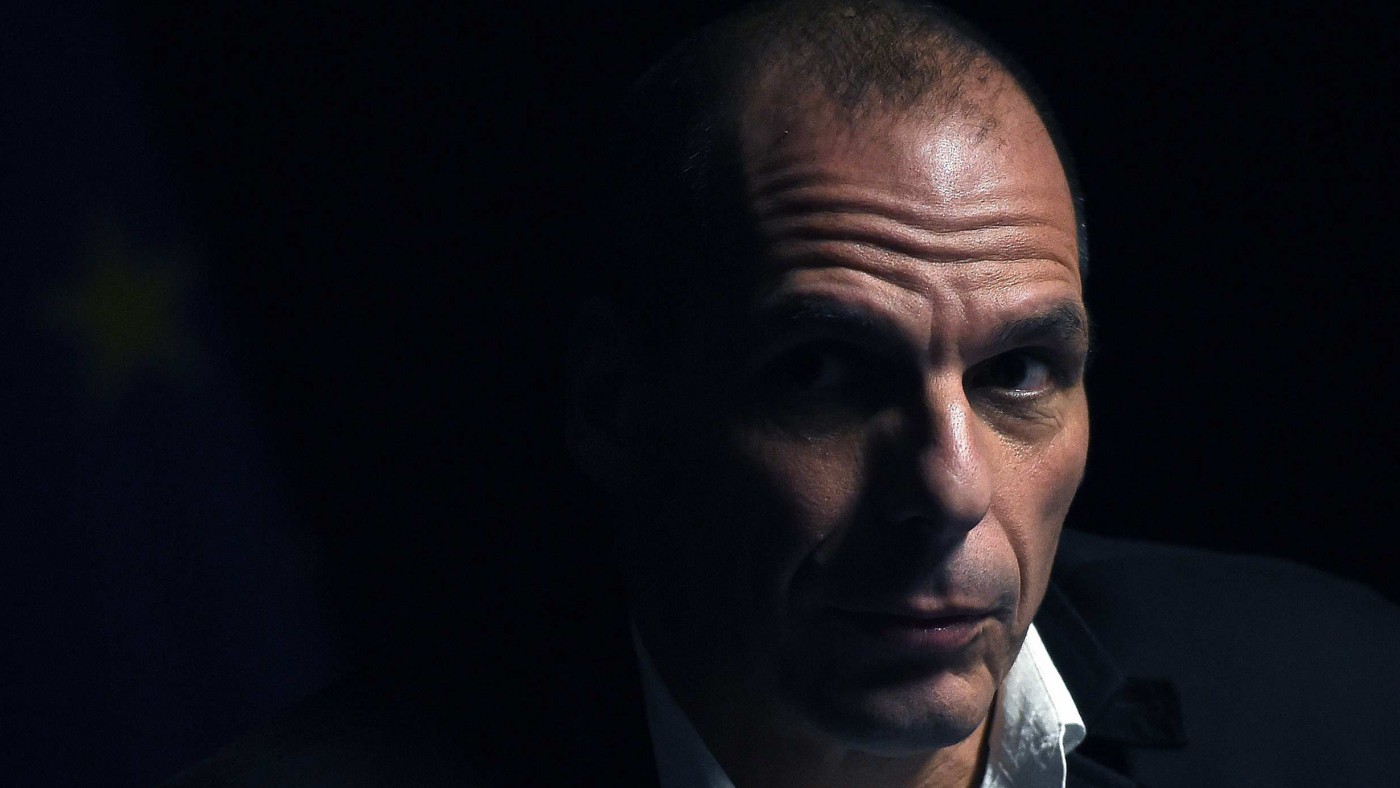It wasn’t a compromise; it was a capitulation. Greece’s new government has accepted the thing it kept insisting it would never accept: a continuation of the bailout-and-borrow racket that has reduced the country to indigence.
The only concession that Syriza won in the talks – if it can be called a concession – was to be allowed to present its own surrender papers. Having climbed down from all his demands, the finance minister, Yanis Varoufakis, yielded in the form of a communiqué, and then huffed and puffed about it. The EU, he said, would have to “take it or leave it”. Greece was making no further concessions, enough was enough, blah blah. Unsurprisingly, the other finance ministers accepted cheerfully: he was, beneath the bluster, giving them everything they wanted.
Of course, the mere fact of being allowed to hoist his own white flag allowed Mr Varoufakis to claim victory – as it was intended to do. The other finance ministers understand that the new deal must be sold to Greece. They have no interest in gratuitously humiliating Syriza.
Their scheme seems to have worked. Several journalists, not only in Greece but across Europe, have swallowed the idea that Syriza managed to secure some meaningful concessions. Indeed, there is a chance that voters in other stricken Eurozone states will be encouraged to vote for their own versions of Syriza, from Podemos in Spain to Sinn Fein in Ireland.
Eurocrats aren’t losing much sleep over this prospect, though. After all, as they have just demonstrated, even the most excitable parties can be brought into line. Alexis Tsipras, swearing he would ne’er consent, consented. So, they reason, would Pablo Iglesias or Gerry Adams. Indeed, EU leaders will now be more confident about being able to get away with the essentially optical concessions that David Cameron is asking for. If European media can so easily be spoon-fed over Syriza, surely they could as easily be sold the idea that there had been a substantive change in the nature of Britain’s membership terms.
And so the European project marches on, unchecked by recessions or referendums, debt or democracy. “There can be no democratic choice against the treaties,” as Jean-Claude Juncker, President of the European Commission, put it last month. Mr Varoufakis’s German counterpart, Wolfgang Schäuble, was even blunter: “Elections change nothing”, he said. He was right, wasn’t he?


